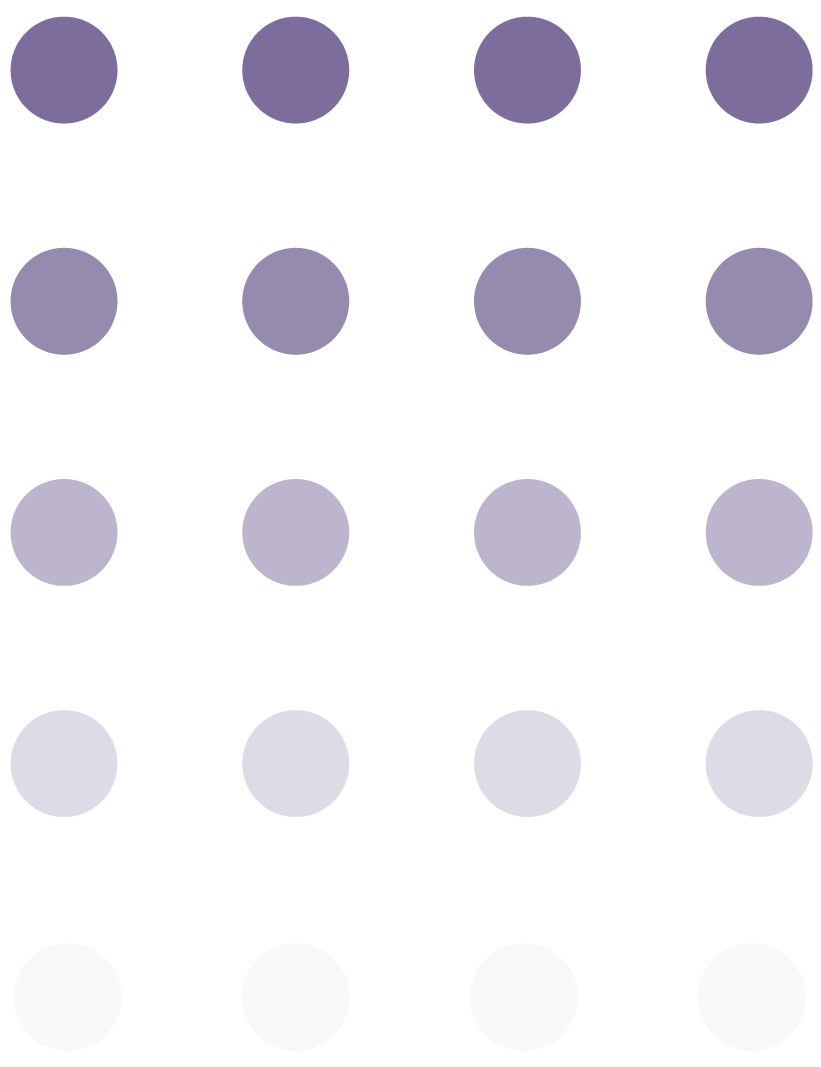Menstruation

Introduction
Menstruation, also known as a period, is a normal physiological process that occurs in females during their reproductive years. It involves the shedding of the uterine lining, which is expelled from the body through the vagina as blood and other materials.
Causes
Menstruation is caused by the cyclic release of hormones, primarily estrogen and progesterone, which regulate the menstrual cycle. The menstrual cycle is controlled by the hypothalamus and pituitary gland in the brain, and the ovaries in the reproductive system.
Symptoms
Symptoms of menstruation can include cramping, bloating, breast tenderness, mood changes, fatigue, and bleeding. The amount and duration of bleeding can vary from person to person.
Diagnosis
Diagnosis of menstruation is typically based on a person’s menstrual history and physical examination. If a person is experiencing abnormal bleeding or other menstrual irregularities, further testing may be necessary to rule out underlying medical conditions.
Treatment
There is no cure for menstruation, as it is a natural process. However, treatment may be necessary to manage symptoms such as pain and heavy bleeding. Over-the-counter pain relievers and hormonal medications, such as birth control pills, may be prescribed to alleviate symptoms.
Precautions
During menstruation, it is important to maintain good hygiene practices, such as changing sanitary products regularly and washing the genital area. It is also important to practice safe sex to reduce the risk of sexually transmitted infections. In addition, certain activities, such as swimming, may be restricted during menstruation.

patient education
Learn more about ob/gym topics in our award winning patient education library.
Contact us
Phone:
305-931-7960
12550 Biscayne Blvd, Suite Ph 906
North Miami, Florida 33181
Email: [email protected]
